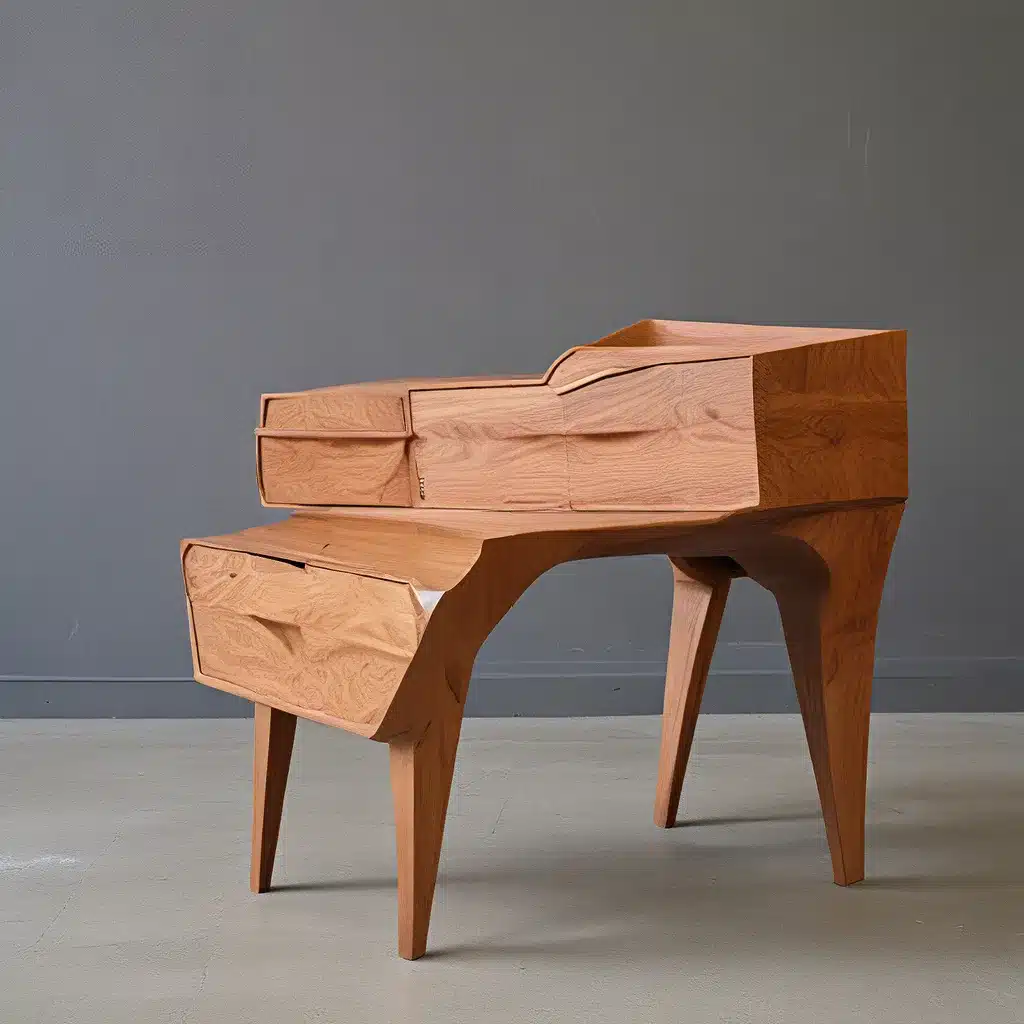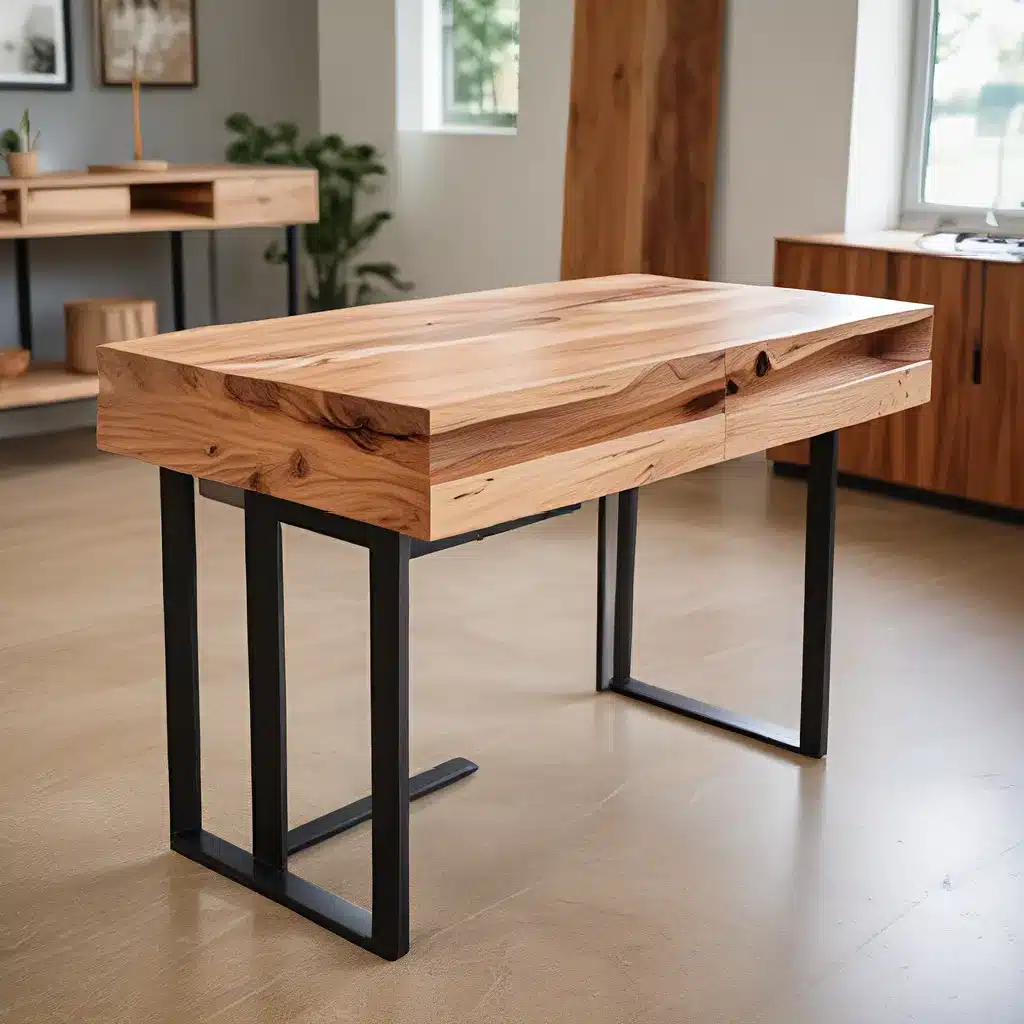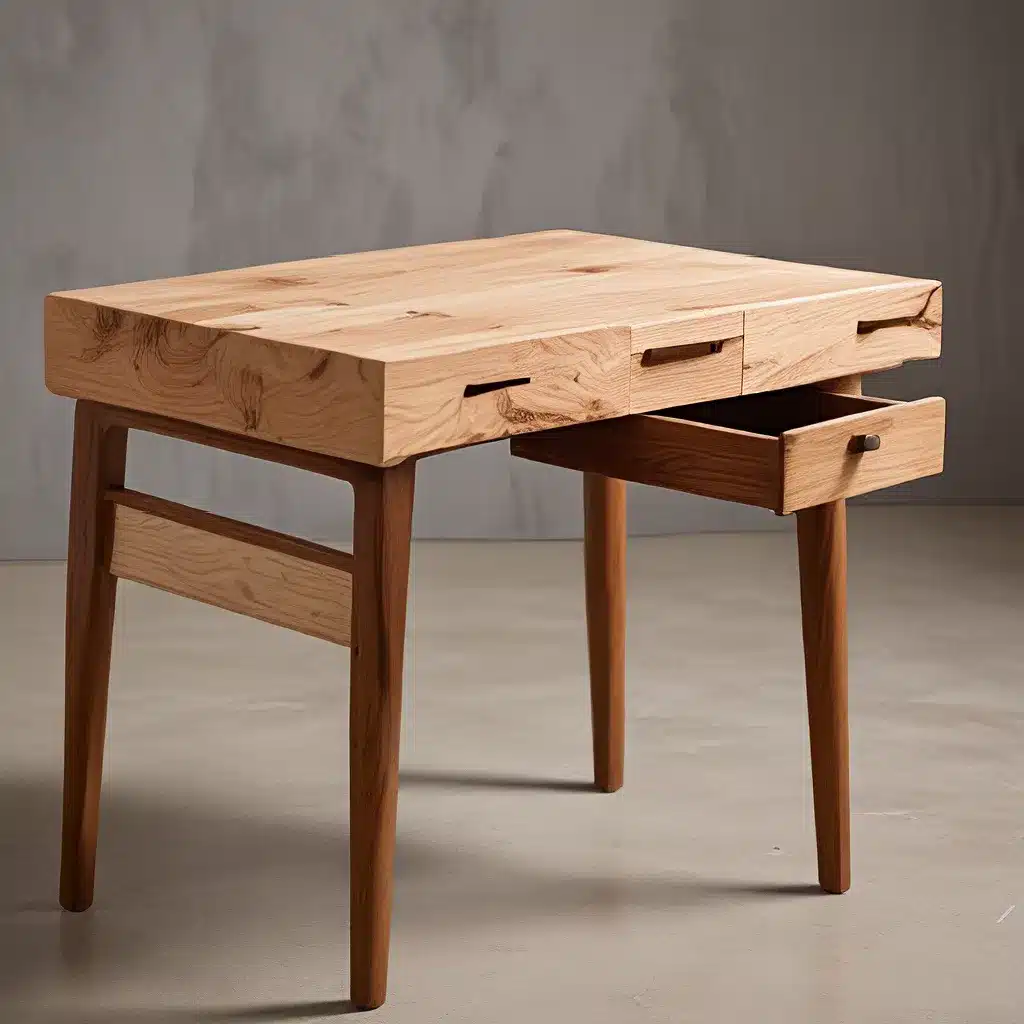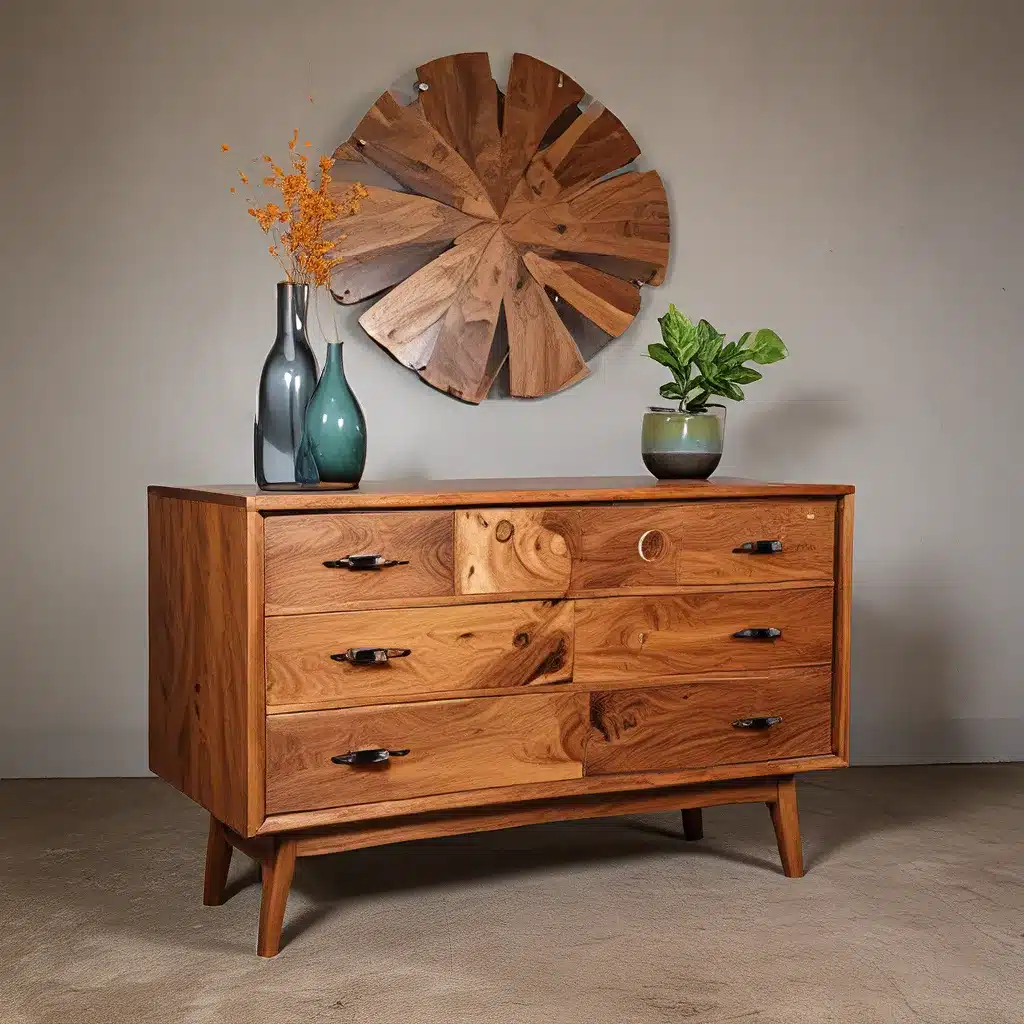In the world of interior design, there’s a timeless allure to the shimmering beauty of gold. From ancient palaces to modern mansions, the use of gilding has been a symbol of opulence and luxury throughout history. However, this ancient art form has gradually been forgotten, overshadowed by more contemporary trends. But now, we are witnessing a revival of gilding as artisans and enthusiasts rediscover the magic of adding gold to furniture. In this article, we will delve into the fascinating world of gilding, exploring its history, techniques, and the reasons behind its resurgence in popularity.
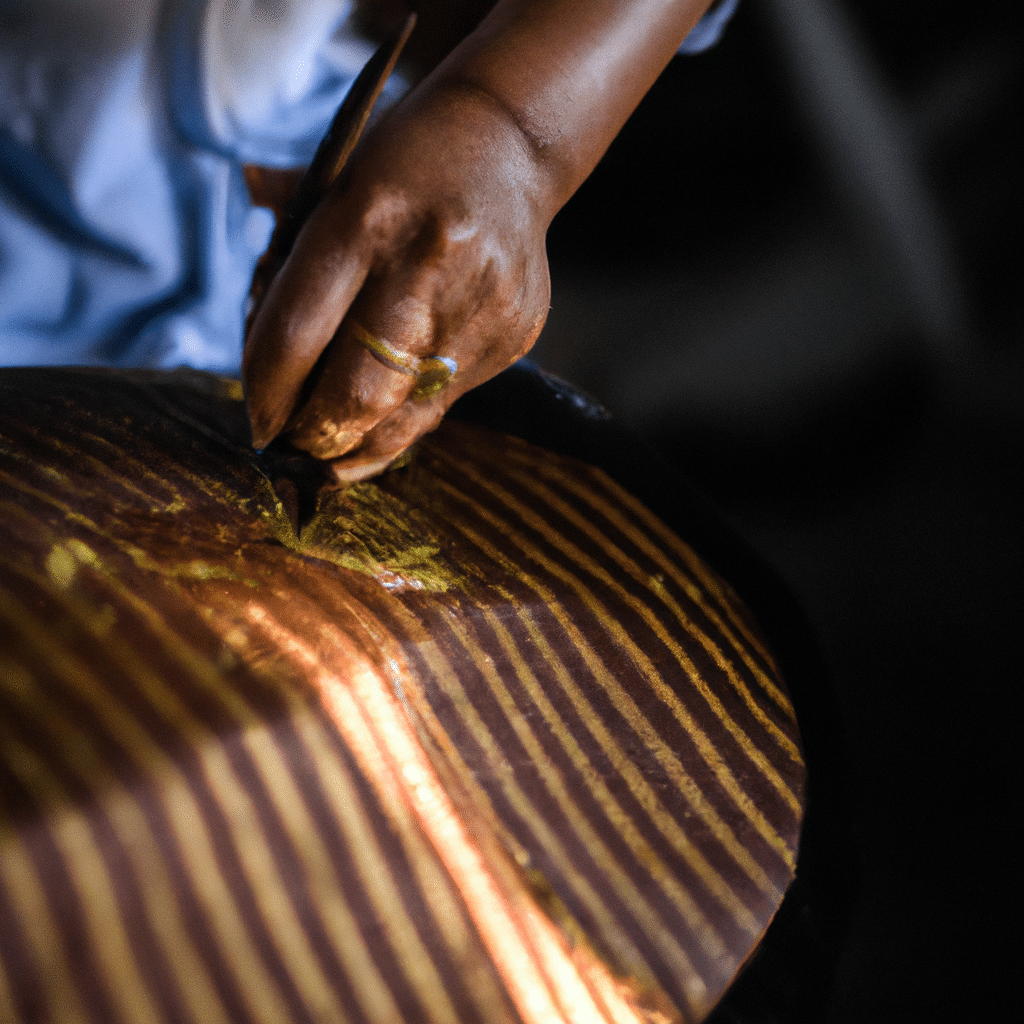
The Origins of Gilding
Gilding can be traced back to ancient civilizations such as Egypt and Mesopotamia, where gold leaf was used to adorn statues, sarcophagi, and other precious objects. The technique spread throughout the ancient world, with the Greeks and Romans embracing gilding as a way to embellish their temples, sculptures, and even household items.
The Process of Gilding
Gilding involves the application of thin layers of gold leaf or gold powder onto a surface, creating a luminous and reflective finish. The process requires both skill and patience, as even the slightest imperfections can mar the final result.
Preparation
Before applying gold leaf, the surface must be meticulously prepared. It needs to be smooth, clean, and free from any dust or debris. This is achieved through sanding, priming, and applying a base coat.
Applying the Gold Leaf
Once the surface is ready, the gold leaf is delicately applied using a brush or a special gilding knife. The gold leaf is incredibly thin, often just a few microns thick, and can be easily damaged. The artisan carefully places each sheet onto the surface, ensuring a smooth and even distribution.
Burnishing and Finishing
After the gold leaf is applied, it is often burnished to achieve a polished and reflective surface. This involves gently rubbing the leaf with a burnishing tool or agate stone, which creates a smooth and lustrous finish. Finally, a protective coating may be applied to preserve the gilded surface and prevent tarnishing.
The Allure of Gilded Furniture
Gilded furniture has a timeless appeal that can transform any space into a haven of elegance and grandeur. The interplay of light on the gold leaf creates a captivating visual effect, infusing the room with warmth and radiance. Whether it’s a gilded mirror, table, or chair, each piece becomes a statement of sophistication and luxury.
The Resurgence of Gilding
In recent years, there has been a renewed interest in gilding, as designers and homeowners seek to incorporate traditional craftsmanship into their interiors. This resurgence can be attributed to several factors.
Appreciation for Artisanal Craftsmanship
In an age of mass production and disposable furniture, there is a growing appreciation for handcrafted and unique pieces. Gilding represents a return to the artistry and meticulous attention to detail that is often lacking in mass-produced furnishings.
Nostalgia and Vintage Charm
Gilded furniture evokes a sense of nostalgia, harking back to a bygone era of opulence and glamour. Many people are drawn to the nostalgic charm of gilded antiques or vintage-inspired pieces, as they add a touch of history and character to their homes.
Customization and Personalization
One of the advantages of gilding is its versatility. Artisans can create custom designs and motifs, tailor-made to suit the client’s preferences and interior style. This level of customization allows individuals to express their unique taste and create truly one-of-a-kind pieces.
Sustainability and Longevity
Gilded furniture is built to stand the test of time. With proper care, it can retain its beauty and luster for generations to come. This focus on sustainability and longevity resonates with those who value quality craftsmanship and are mindful of their environmental footprint.
Conclusion
In conclusion, gilding is far more than just a technique; it is an art form that has stood the test of time. The allure of gold and the craftsmanship required to create gilded furniture have captivated people for centuries. With a resurgence in popularity, gilding is once again taking center stage in the world of interior design. As artisans and enthusiasts rediscover this ancient technique, we are reminded of the timeless beauty and elegance that gold brings to furniture. So, whether you are looking to add a touch of luxury to your home or simply appreciate the artistry of the past, gilding offers a truly enchanting way to transform your space.




